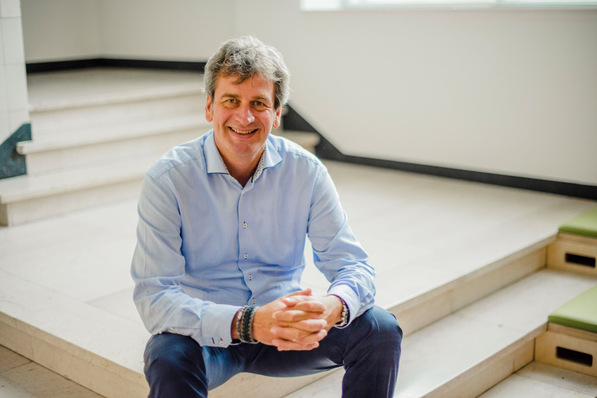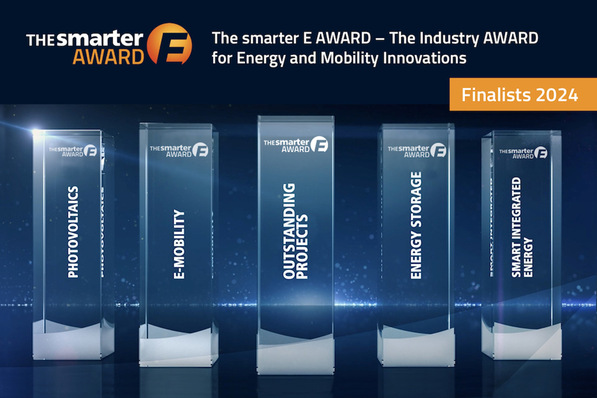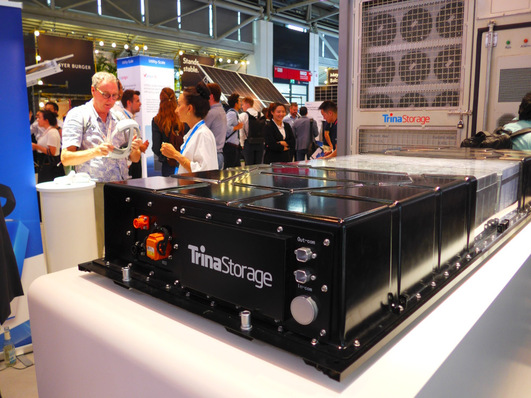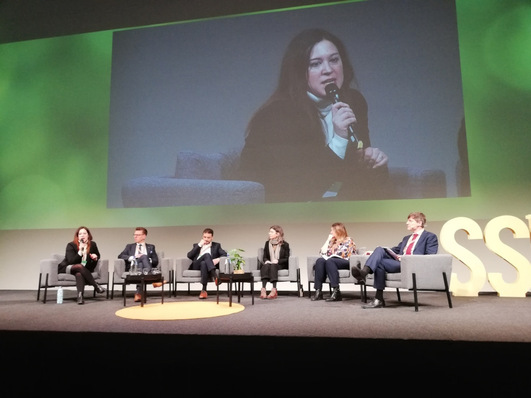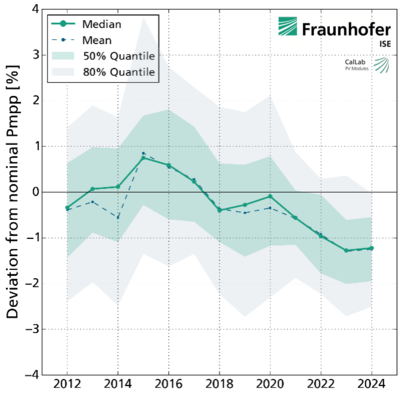A pioneering new solar PV plant in France, constructed by French global multi-energy company TotalEnergies using Q Cells modules, aims to set a new standard in community-supported, low-carbon renewable energy production.
Totalling 55 MW, the recently completed 75 hectare solar farm northeast of Gien, in central-northern France, produces up to 64 GWh of clean solar electricity a year – enough to meet the power consumption needs of 38,000 local households. This is the equivalent of removing 550,000 tons of CO2 from the atmosphere over the plant’s estimated 30-year lifetime.
Local stakeholders in the project included
But what really sets the solar farm apart from standard PV projects is the commitment from both TotalEnergies and Q Cells to deliver something more than a typical renewable energy plant. For TotalEnergies – which currently has a 10 GW renewable energy portfolio globally and is aiming for 35 GW by 2025 on the road to its 2050 net zero carbon target – it was essential to include the local stakeholders in the project development.
Did you miss that? Q Cells showcases storage solution and low-carbon module at Energaia
For TotalEnergies’ partner Q Cells, the project offers the perfect opportunity to showcase not only the performance and reliability of the company’s Q.Peak Duo L-G6.3 modules, of which a total of 126,000 were installed, but also the low-carbon credentials of this module series.
Q Cells was one of the first major module manufacturers to meet the French Energy Regulatory Commission’s (CRE) low-carbon footprint (CFP) certification for utility-scale PV tenders, and has taken great strides over the past couple of years to develop a cleaner solar supply chain for its materials and components.
The Q.Peak Duo L-G6.3 modules were amongst the first from Q Cells to be certified by Certisolis as low-CFP components, and the company is poised to launch its latest low-CFP modules series – the Q.Peak Duo XL-G10 and Q.Peak Duo XL-G11 – into France in Q2 next year.
Patented passivation technology
Q Cells’ Q.Peak Duo module series relies on the company’s patented passivation technology, Q.antum which enables solar cells to better and more efficiently capture and convert sunlight into energy than traditional solar cells. Q Cells has successfully defended its ownership of this technology patent – the ‘689 patent – in Germany since 2019, and continues to enforce its legal rights to uphold the values of this patent, thus ensuring a fair, healthy and innovative solar technology landscape in Europe and beyond.
Also interesting: Hanwha Solutions acquires RES’ French business
Q Cells’ commitment to continuously improving the solar industry extends beyond defending technological innovation, the company claims. It also extends to the ecological footprint of the production chain. These efforts are not only evident or these low-CFP modules, but also in Q Cells’ status as a founding member of the Ultra Low-Carbon Solar Alliance (ULCSA) in the USA; its declaration of the Korean RE100 and – via mother company Hanwha Solutions – and its recent investment in REC Silicon, which will help Q Cells secure a stable supply of polysilicon made using low carbon hydropower.
Total Energies largest solar project in France
Q Cells’ Head of Utility Sales France, Laurent Bodin, said: “We are delighted to have been selected by TotalEnergies for their largest solar project in France. Q Cells is 100% committed to helping to power France’s renewable revolution with low-CFP solar modules, because the ethos of the CRE – to use only the lowest-impact materials for clean energy projects – matches perfectly that of Q Cells, which is undertaking huge efforts globally to reduce its carbon footprint and lead from the front in terms of eco-friendly business practice.” (hcn)
Did you miss that? The fairy tale of cheap French nuclear power


